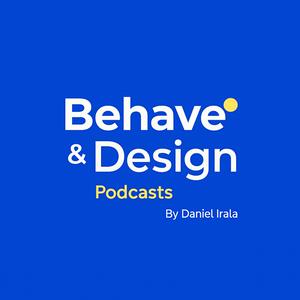Why do some people consistently create, while others wait for motivation to strike? In this episode, we flip the script on willpower and uncover why action sparks motivation—not the other way around. Drawing from behavioral science, systems thinking, and real-world examples—from Olympic athletes to public transit and grocery store design—we explore how structure beats self-control every time.
You’ll learn:
Why “motivation waves” always crash—and how to stop relying on them.
How the Zeigarnik Effect makes starting the hardest step.
What Olympic routines, supermarket layouts, and tech apps teach us about consistency.
Practical ways to design your starting line so showing up becomes inevitable.
If billion-dollar companies use behavioral design to shape your habits, why not apply the same principles to your creative life? Stop waiting to feel ready—start building systems that carry you forward.
🔗 Research & books mentioned: BJ Fogg, Amy Cuddy, B.F. Skinner, Daniel Kahneman, Charles Duhigg, James Clear, Richard Thaler, Carol Dweck, Paco Underhill.
👉 Actionable challenge inside: Design the tiniest first step for a creative project you’ve been postponing.


